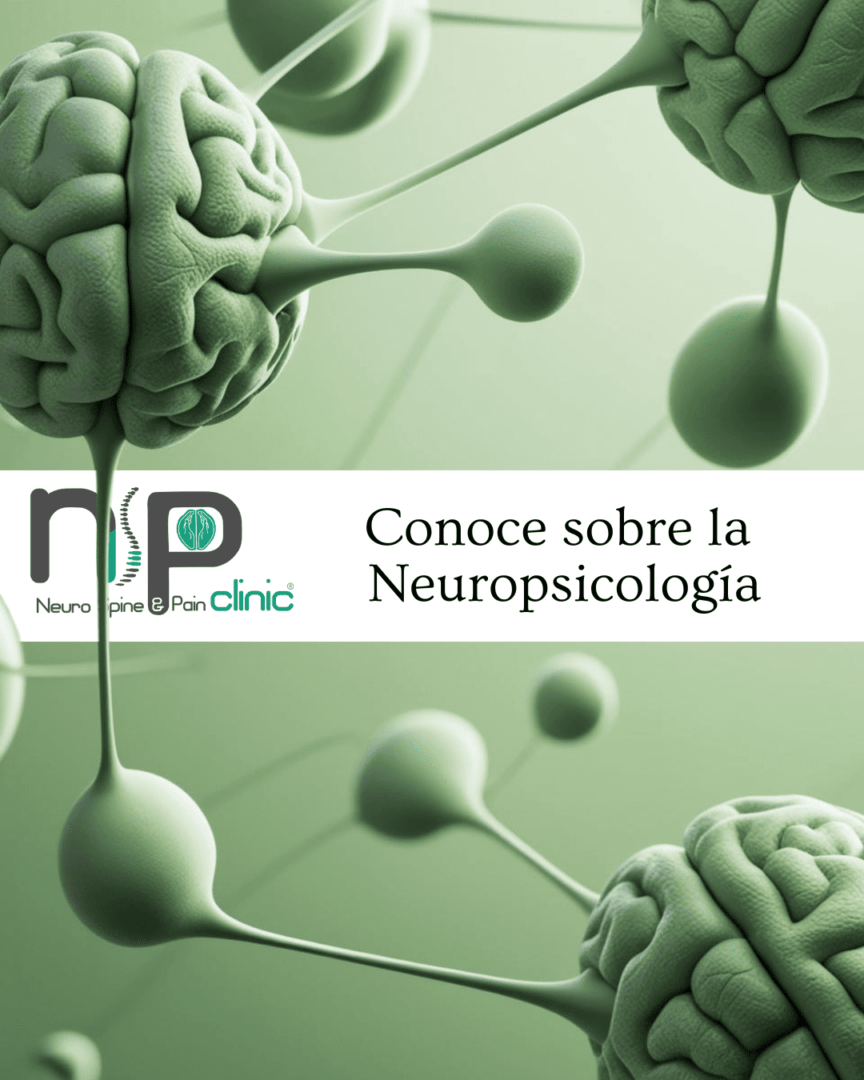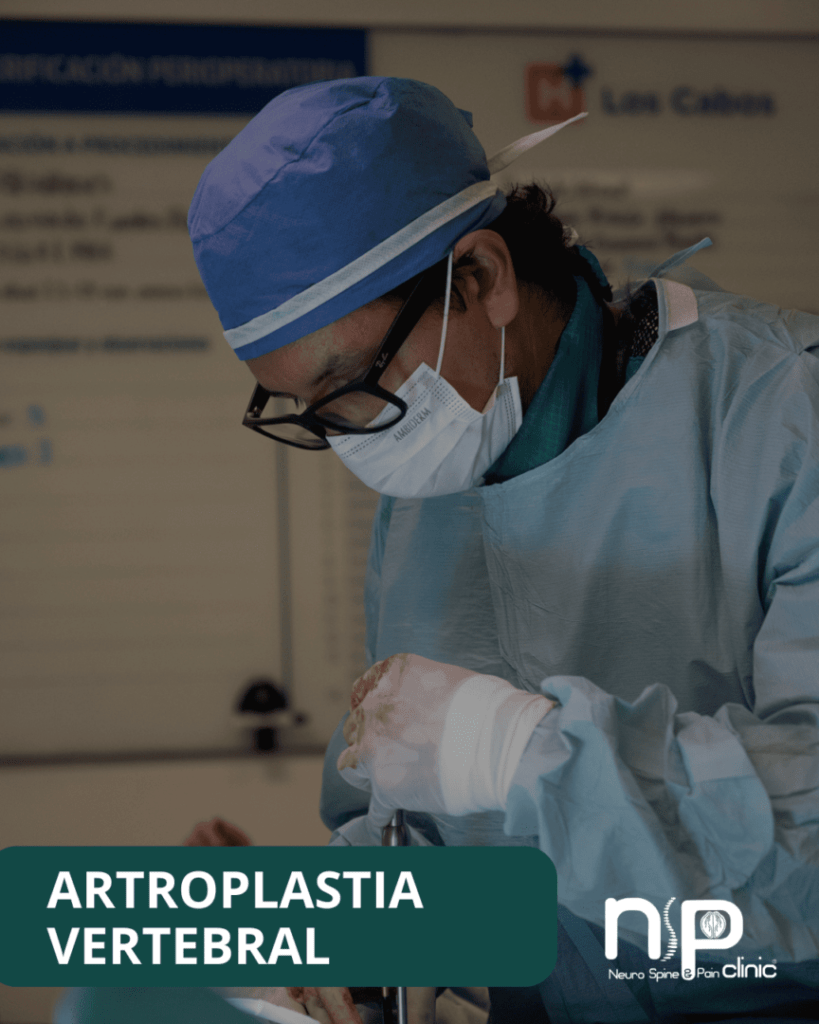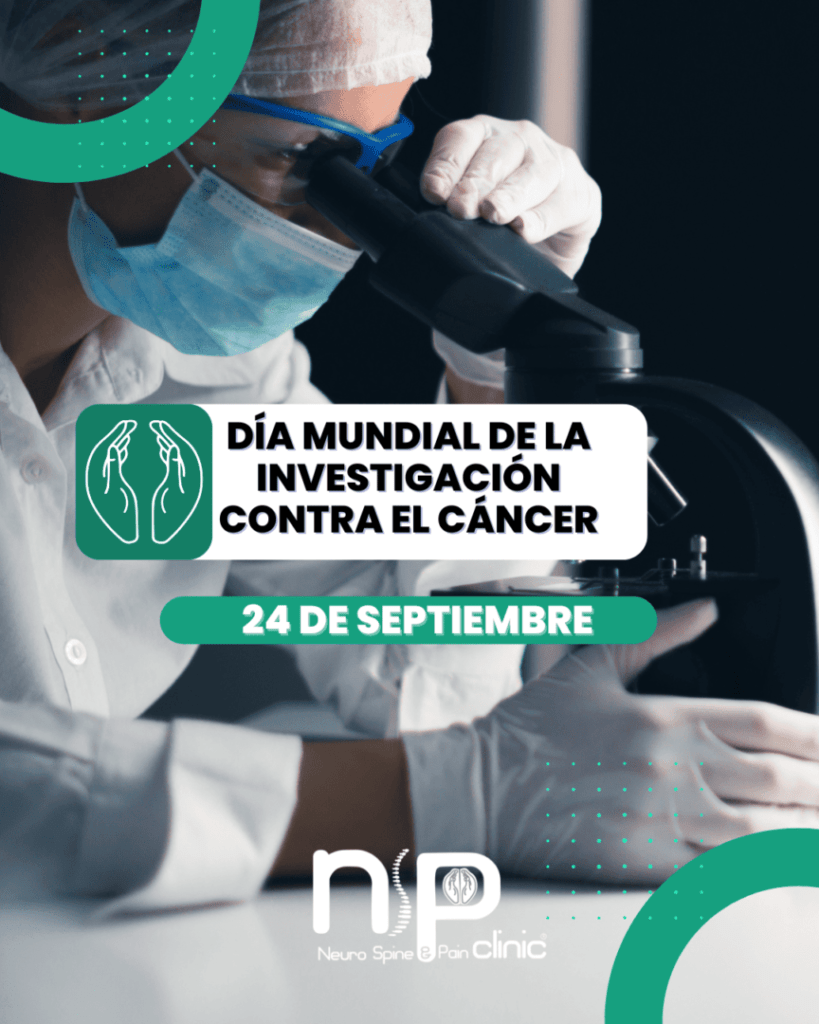
Alzheimer's disease is a complex and devastating neurological disorder that affects millions of people around the world. As a neurologist, it is essential to provide a complete understanding of this condition, its pathophysiology, diagnosis and treatment. In this guide, we will explain Alzheimer's disease in depth, discussing its definition, risk factors, clinical presentation, diagnostic methods, and possible treatment strategies.
- What is Alzheimer's Disease?
Alzheimer's disease, often simply called Alzheimer's, is a progressive, irreversible neurological disorder that primarily affects cognitive functions of the brain, such as memory, thinking, and behavior. It is the most common cause of dementia in older adults, accounting for approximately 60-80% of dementia cases.
Key Terms:
- Dementia: A general term for a decline in cognitive ability severe enough to interfere with daily life.
- Neurodegenerative: Refers to the progressive degeneration and death of nerve cells or neurons.
- Pathophysiology of Alzheimer's Disease
Alzheimer's disease is characterized by the accumulation of abnormal protein aggregates in the brain, causing damage and death of neurons. Two main proteins are involved in its pathogenesis:
- Amyloid-beta (Aβ) plaques: These are abnormal accumulations of proteins that accumulate between neurons, interrupting cell-to-cell communication and triggering inflammation.
- Neurofibrillary eggs: They coil into twisted tangles inside neurons, damaging their internal transport systems and overall functioning.
Over time, the presence of these protein abnormalities leads to brain atrophy, especially in regions associated with memory and higher cognitive functions.
III. Risk factor's
Several risk factors have been associated with Alzheimer's disease, including:
-
- 1.- Age: The risk of developing Alzheimer's increases with age, and most cases occur in people 65 years of age or older.
- 2.- Family History: A family history of Alzheimer's may increase the risk, suggesting a genetic component.
- 3.- Genetics: Specific genetic mutations, such as those of the APOE gene, are known to increase susceptibility.
- 4.- Cardiovascular Health: Conditions such as hypertension, high cholesterol and diabetes can increase the risk.
- 5.- Head Trauma: A history of significant brain injuries has been linked to an increased risk.
- Clinical Presentation
The clinical presentation of Alzheimer's disease generally progresses through three stages:
-
- Mild Cognitive Impairment (MCI): Patients may experience memory lapses and mild cognitive deficits, but can still perform everyday tasks.
- Mild Alzheimer's Disease: Symptoms become more evident, including confusion, language difficulties, and problems carrying out tasks.
- Severe Alzheimer's Disease: In this stage, people lose the ability to communicate, recognize loved ones, and perform basic self-care tasks.
- Diagnosis
Diagnosing Alzheimer's disease requires a thorough evaluation, which may include:
- Medical History: Discuss the medical history of the patient and his or her family.
- Physical and Neurological Examination: To rule out other causes of cognitive impairment.
- Neuropsychological Evaluation: Evaluate cognitive functions such as memory, attention and problem solving.
- Imaging: Magnetic resonance imaging (MRI) or computed tomography (CT) scans can be used to visualize changes in the brain, while positron emission tomography (PET) scans can help detect abnormal protein deposits.
- Cerebrospinal Fluid Analysis: Evaluate the levels of Aβ and tau proteins in the cerebrospinal fluid.
- Treatment and Management
While there is no cure for Alzheimer's disease, several strategies can help manage its symptoms:
Medications: Cholinesterase inhibitors (e.g., Donepezil) and NMDA receptor antagonists (e.g., Memantine) may be prescribed to improve cognitive function.
Non-Pharmacological Interventions: Include cognitive training, physical exercise and psychosocial support.
Clinical Trials: Participate in research studies that explore possible treatments.
Supportive Care: Provide assistance with daily activities and create a safe and supportive environment.
Understanding Alzheimer's disease is essential for both patients and healthcare professionals. Although there is currently no cure, continued research offers hope for future treatments. As a neurologist, staying informed about the latest advances in Alzheimer's research is essential to providing the best care and support to patients and their families affected by this challenging condition.
Remember that you can contact us directly here











